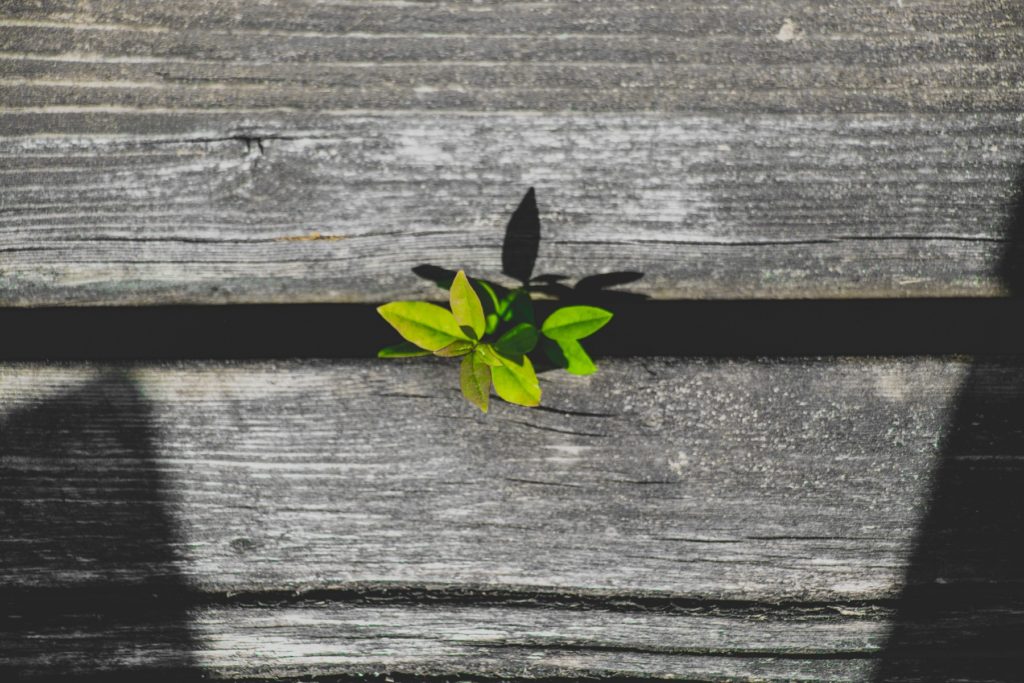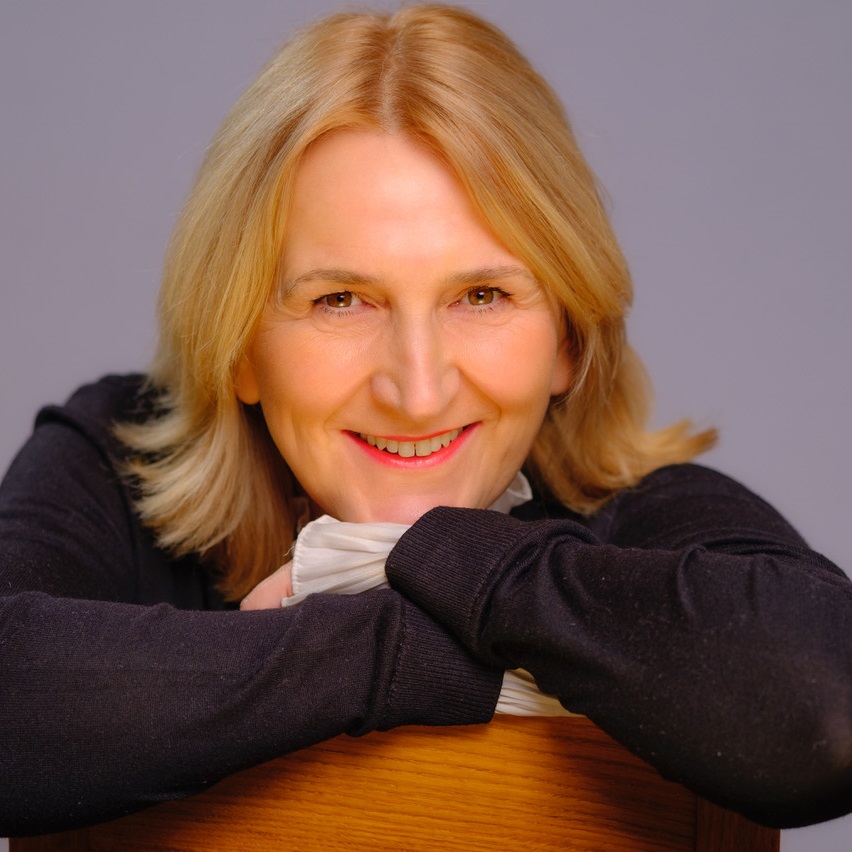by Rachel Haynes

The last thing I remember my friend Kate saying as we walked in opposite directions after what was to be our last blazing sunny lunch together before she died, was that I had to live to tell the full tale. And as I struggled with the unfairness of our contrasting situations, she put her arm around me and said I was to go and live fully for her as she would have wanted me to, with no shred of guilt. We were both diagnosed with bowel cancer within a few months of each other, lived in the same town, shared the same surgeon and the entire contents of our heads.
The first time I was diagnosed with bowel cancer was in 2011, also a hot July day. I was ill-prepared, lacking any knowledge of the symptoms and, as a result, dangerously naïve to the cancer that was spreading throughout my body. By the time I finally took my symptoms seriously enough to return to my doctors for the third time, having been satisfied by her previous diagnosis of IBS, my bowel was on its knees.
My symptoms had by then become so severe that I was doubled up every morning, desperately tired, and had lost weight. I had passed blood on two occasions and ridiculously thought getting up to poo 5-10 times at night was a normal IBS response. This time I saw a locum GP and she asked me directly what was going on with my bowels. Questions I had avoided asking myself and facts I would have shared less willingly than the PIN number of my bank account. I answered them honestly and was referred urgently. The very next week I had my first of many meetings with my surgeon.
Still in denial, I went for my colonoscopy and emerged from my sedated state to hear the words I will never forget: 'We have found a nasty tumour partially blocking your bowel. I’m sending you for a CT scan in the next hour to see where it has spread to. I’m not sure at this stage whether we are able to operate'
Diagnosis and denial
The hours and days after my shock diagnosis have been wiped from my memory, any detail hazy with disbelief, my brain in full protective mode. I wasn’t ready to hear my prognosis immediately and lay in terror of accidentally overhearing or reading something before I was ready to take it in. I even sent my brother in my place to get my subsequent MRI results to confirm what we already suspected from the CT scan, it had indeed spread to my liver and lymph glands.
I was diagnosed at the age of 45, a single mother with 2 young children with stage 4 bowel cancer. A cancer that is almost 100% curable in its early stages and drops to a inconceivably low 7% at stage 4.
My book
What Doesn’t Kill You deals with what came next – my treatment plan (oh, how we laugh at the word ‘plan’ – cancer has no regard for this word!) through to my recovery, remission, and then just when everything was feeling pretty near perfect, a relapse. The cancer was back in the summer of 2013, silently this time with no warning.
A new chance of life
The spring of 2013 had bought me a new and unexpected gift, however... my husband. Although if you had told me back then that I would meet a new man, fall in love and relapse with cancer in my liver all within 6 weeks from our first date, I would have said you were mad! And certainly that he was mad to risk getting emotionally involved with me.
The world was a puzzling place, full of the best of humanity contrasted with the worst of diseases. My family, friends, strangers showed me the power of love and I have never forgotten or being able to thank them enough since.
"...it leaves us with a feeling of such gratitude and a kind of obligation to pass on the love and the kindness we were given when we needed it most."
More surgery
Being a candidate for liver surgery twice is a real blessing. Many friends have pleaded for it and been denied this chance of life’s lottery, either through health inequality or the position of their tumour. Whilst I went on to receive liver surgery the second time, which was to save my life, my friend Kate who had also coincidentally relapsed with cancer in her liver 2 weeks prior to me, did not. She was denied surgery due to the size and position of her tumour and having exhausted all available treatments at the time, died heart-achingly young and leaving behind her adored 2 young children and husband. Life was bitterly unfair for my friend Kate, and unfathomably miraculous for me. Despite her plea I still struggled enormously with survivor's guilt.
If you ask me why one person survives and the next one doesn’t, I wish I knew the answer. It haunts me most days and I can only say that for those of us that survive, it leaves us with a feeling of such gratitude and a kind of obligation to pass on the love and the kindness we were given when we needed it most. If ever you want to see love in action, visit a cancer ward. It’s a humbling sight. There is no feeling like it. Life made sweeter by the possibility of death.
Survival and life afterwards
It soon became clear to me that the strategies that got me through cancer were not the same strategies that I needed to help me live a life of purpose afterwards. All the big questions that I was not able to deal with or process during treatment were now piled up inside my head, demanding attention. The beginning of recovery heralds in the beginning of processing, had I really just lived through all that? And this coincides with the disappearance of all the medical scaffolding. It’s a lonely, scary time as I watched one after another of my friends diagnosed at the same time, with the same disease, lose their lives. My dear friends who just knew and understood without needing any explanation were either dying or facing their own demons.
If I can emphasise one thing, it’s that the end of treatment is not the end of the story. There is no ‘getting back to normal’ because normal not only feels a complete waste of a wake up call, a second chance at life. But because who knows what’s normal any more in your body when you’ve lost all trust in it? An ache… is this normal, or a tumour pressing against a nerve? I can honestly say from my experience that complete processing took at least 3 years.
But the positive flip side is huge. I have never felt more alive in my life, or been so sure of my purpose. When you come this close to examining your mortality you HAVE to do something about it and be grateful for every morning you wake up. This stuff changes you. I know I have limited time with this body and I’ve had plenty of time to think about what I going to do. I know life can change in an instant and whilst pain and suffering are part of the human experience, love has the power to make the smallest of moments beautiful beyond words.
I wrote
What Doesn't Kill You to help anyone recently diagnosed who may be searching endlessly for any shred of hope to hang on to, as I was 8 years ago. The first section of the book is the story of my physical recovery – I call this the first shock, but the second section of the book is all about my response to the aftershocks, the longer, less talked about, but ultimately transformational psychological recovery. I hope it helps anyone navigating life with and after cancer.
About the author:

All royalties from What Doesn't Kill You go to Bowel Cancer UK.
Rachel Haynes is the owner of her own marketing company and a mother of two children. Rachel found, surprisingly, that one of the ‘gifts’ of discovering she had bowel cancer was her ability to write with disarming honesty and humour about her survival. Rachel is the author of What Doesn't Kill You (Watkins Publishing, £10.99), available from 10th March 2020.


